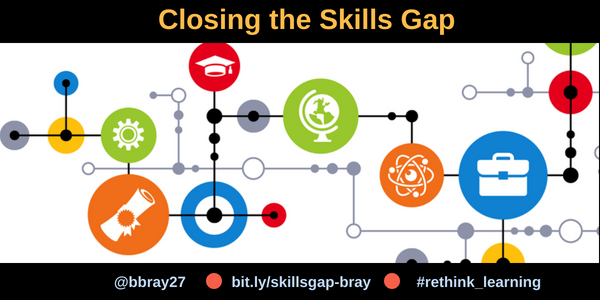
Are our schools and universities preparing our children for the new skills they will need to be successful? How we taught and still teach our children in our K-12 and university systems is no longer sufficient. The role of Pre-K to 12 schools and higher ed have and still continue to TEACH —> LEARN —> APPLY.
“School” was built around content, disseminating information, and then testing what you know about that information. The role of school was to scaffold information so it was accessible at specific age levels. The process of standardization and having “experts” teach subject area content at specific grades or levels are not preparing our children for the skills they will need not only for their future but for what they need today. By the time they are in a typical standardized system for even a year, they are already behind. We need to make changes soon. Actually NOW. There is a sense of urgency about how we prepare our children and our adults for today’s world and their future.
Video on Essential Skills from Ted Dintersmith’s Innovation Playlist Make sure you check out the other resources on the Innovation Playlist on Ted’s site and read his book, What School’s Could Be.
Kids are teaching themselves now. They go to YouTube, check their devices daily, ask their friends for help, or find another way to learn how to do something. Millennials (born 1981-1995) have grown up in a time of rapid change. They know this and are finding out that all the years and money spent on a “good” education does not mean they are good candidates for the jobs they want. My granddaughter, Cali, taught herself Minecraft from a book when she was 6 or 7 because she wanted to learn it. They didn’t teach it in school. Actually, she taught me Minecraft using FaceTime. Generation Zs (born 1996-present), like my 10-year-old granddaughter, will learn what they want when they want to learn it. This new generation is digitally wired, knows to seek out what they want to learn on their own, and will advocate for themselves because they can.
All of these generations are probably working together in an organization or school. Some of the older generations are looking at building new skills looking for work or creating their own business. Some of the newer generations especially Generation Z will be the generation that shakes up the system.
Organizations are looking at “skill certification” instead of where you went to school or the degrees you earned. They are looking for curious, creative, and innovative people who are motivated to unlearn and relearn. What are the skills they will need?
Top Skills Needed for the Future
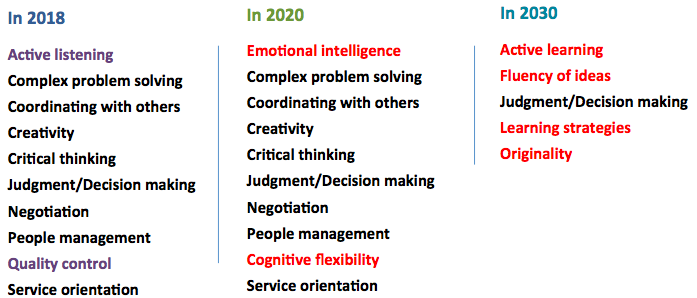
Skills in red are new for that particular time frame. Those skills required by 2030 are radically different from those needed in earlier years. [Source: https://blog.tcea.org/rethinking-learning/] Most of our kindergarteners will graduate from high school in 2030. Think about that. 2030! Why don’t we start building these skills early? Why don’t we change our K-20 systems to teach these skills?
![]() There are organizations changing the landscape of what learning is all about. One is Degreed [https://degreed.com/] where you can create your own learning pathways using their tools. Individuals can tell the system what topics and skills they want to learn about. Then the system serves the best articles, books, videos, courses, and people based on their interests and learning habits.
There are organizations changing the landscape of what learning is all about. One is Degreed [https://degreed.com/] where you can create your own learning pathways using their tools. Individuals can tell the system what topics and skills they want to learn about. Then the system serves the best articles, books, videos, courses, and people based on their interests and learning habits.
You can use degreed to discover the skills and experts you need to stay ready. The system lets you set your goals, track your progress and build your skills however and wherever you want to. Here’s what degreed states that you can do in their system:
- Get certified in over 1500 skills
- No matter what level you are at
- No matter where you gained your skills
- No new classes or online courses to complete
Next is Skill Certification where you measure and certify your skills so you and the world know where you are with that skill. Organizations and human resource departments can use degreed to monitor the skills their organization has and where the skills gaps are.
- Measure and certify your people in 1500 skills
- Benchmark your team’s skill-sets and growth
- Build a diverse, inclusive workforce blind to bias
- Make smarter, better investments in your people
This made me stop and think about what is happening in schools. This could be adapted for schools but how? I had to rethink how this might impact my job as an educational consultant. I had so many questions about this and about teachers building skills for their own professional learning. You may be thinking about some of these questions also.
- How will we prepare our teachers for skill certification?
- What is it that teachers need for this new type of learning?
- How can teachers and professors build the skills they will need to change what their students, their school, and their community will need?
- What if their classrooms were designed to be studios or learning labs?
- Do I change how I provide coaching and move to skill-building activities?
Instead of professional development, let’s consider personal professional learning where teachers learn the skills they need to support their students. Teachers can demonstrate evidence of learning using micro-credentials.
Micro-credentials
I have been fortunate to work with Digital Promise with the micro-credentials since 2014. I see a big connection here in building skills and closing the skills gap for teachers. Teachers can earn credit by providing evidence of learning and demonstrating mastery of the micro-credential
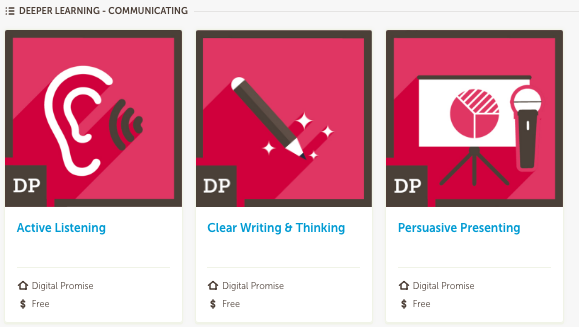
https://microcredentials.digitalpromise.org/
Digital Promise along with multiple organizations have created activities and strategies to earn the micro-credential. Assessors review the submissions to approve that they earned the micro-credential. They receive a badge and can also apply for graduate credit for many of the micro-credentials.
I plan to share more about how companies, K-12 schools, and universities are developing skills and closing the skills gap in future posts. It will be about personalized, competency-based learning. It will also be how universities are looking to change or had to change. How companies will demand it. I am always learning and hope to share what I find with you. I will be sharing how I am changing how I look for skills, find people who have those skills, and hire them just for that one skill. This means employment will look different. Is this mean we need to be more entrepreneurial? Build our skill sets? So, schools will be changing and what we do in helping schools change will be different. All of us will have to change.
What does this mean for you? your kids? your community? Let’s all go on this journey together.
Related posts:

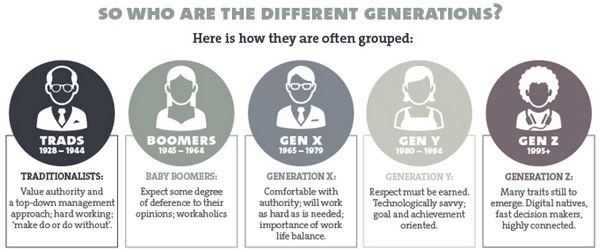
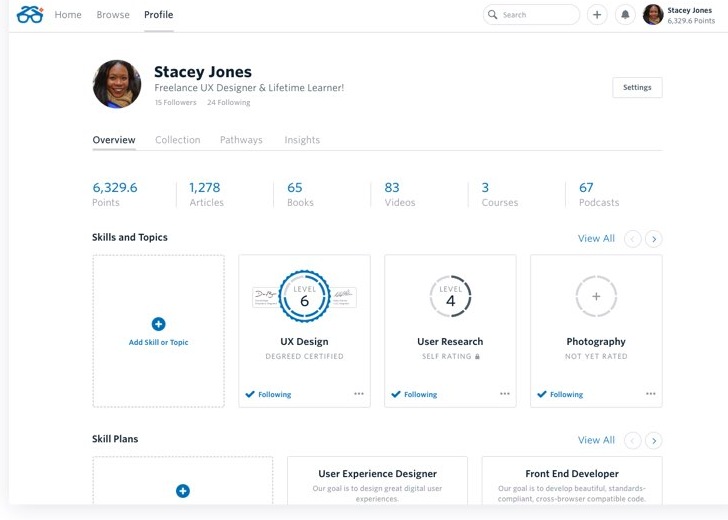



[…] Closing the Skills Gap […]
[…] Read the post here… […]
[…] Closing the Skills Gap […]